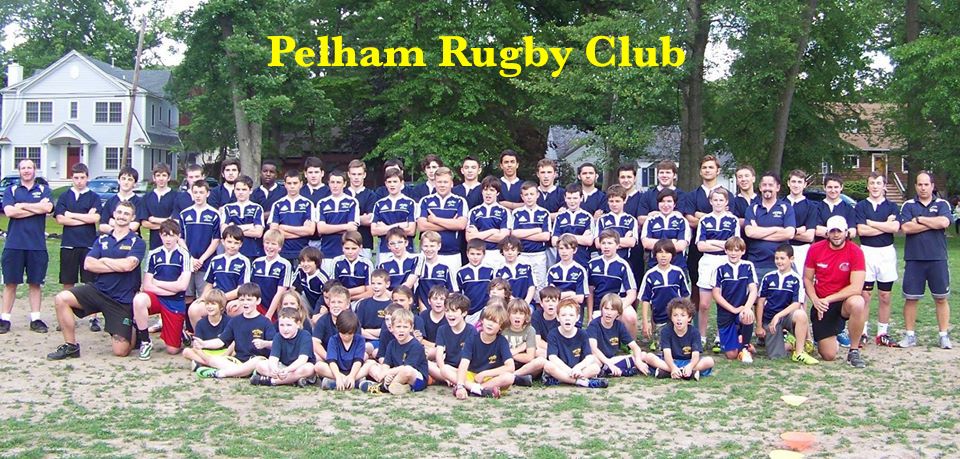I am sure you have all heard, seen, discussed the actions of one of the players from the Seattle Seahawks after their playoff win.
The first question I asked myself was, “Who cares?” Seriously, why was it such a shock and a big story that immediately following a very rough, emotional game, one player acted like a sore winner?
Was it “right” the way he acted? Probably not. Was it criminal? NO. Is it really shocking that after a highly charged, close game, an athlete might say things he probably shouldn’t? No.
Would I want my child to act like that? No.
I thought it was a great teachable moment. (That’s a highly overused term!) As we watched it, I think most people reacted by thinking the player was a jerk and should not have said what he said or acted the way he acted. I thought it was a great opportunity to discuss it with my son by asking him, “What did you think of that?”
When he answered, “What a jerk,” I was able to ask him why and express to him that there are times when people let their emotions get the better of them and they say and do things they later regret. We all have done it; we will all do it again. But if we can just stop and think about what we are about to do/say when we are emotionally charged, it may prevent us from looking like an idiot. We have the advantage that for most of us, when we do lose our temper or say things we shouldn’t, we don’t have 14 million people watching! It doesn’t make him any more right, or give an excuse. It’s just a fact of life for athletes and entertainers. Just like it is for kids in school. If they overreact in school, most likely a teacher/administrator will find out, and the consequences will increase.
I came to hear that the back story was that the athlete in question (I am not jumping on him by naming him) did what he did because over the summer the player he yelled at rebuffed him at a charity dinner, and the player in question was determined to get him back. That’s ok. If you listen to most athletes and many of the top inventors and successful people in general, they are often driven by a need to prove others wrong. That’s an OK motivation to succeed. But what could have been a very proud moment for this player has turned into an embarrassment. Instead of approaching the other player after the game and sticking his hand out and saying, “good game,” or even “good game, remember me now?” he lost his cool and didn’t think it out.
Two things to think about/learn from this: 1) Nobody should care what athletes/celebrities do/say; do/say what you know is right, not what someone else does. They are just entertainers. That does not make them great people. 2) When your emotions are running high, stop and think before speaking. You never know who is watching, and nowadays, recording! Be the better person. Those who count will think more highly of you for it.
